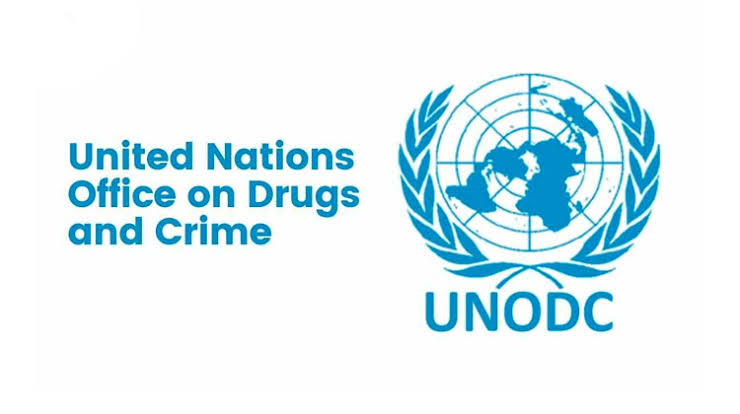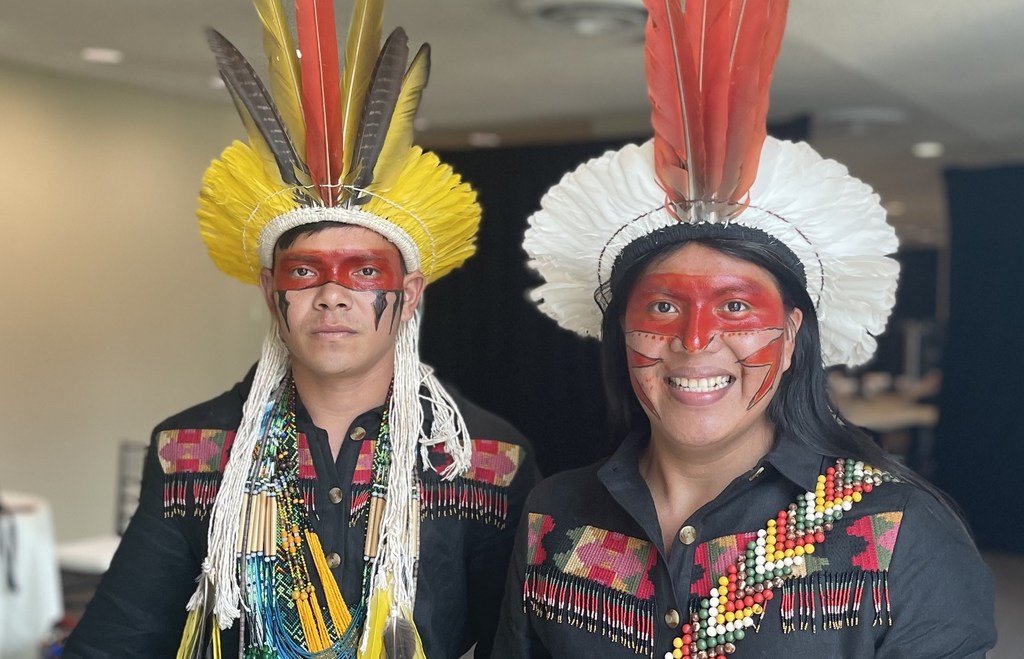The United Nations Office on Drugs and Crime (UNODC) has launched the International Consortium on Combating Wildlife Crime (ICCWC) a tool kit to assess and combat wildlife crime in Nigeria.
Speaking at the event, UNODC country representative Oliver Stope, explained that environmental degradation has reached alarming levels in Nigeria.
He revealed that Nigeria has one of the highest rates of deforestation in the world, adding that the country lost 141kha of humid primary forest, an equivalent of 14 percent of its total tree cover, between 2002 and 2023.
According to him “Excessive, unsustainable, and mostly illegal extraction threatens the livelihoods of local communities as well as of species who called these woods their home. Wildlife is not only threatened by the continuous shrinking of their habitat but also by professional poachers as well as local hunters,” he said.
Stope stated that organised criminal trade of wildlife and forest products through Nigerian ports has created a threat to biodiversity across the entire region.
He also affirmed that none of the challenges have gone unobserved by the Nigeria government and the international community, stressing that “the 2018 CITES ban on the international trade of Nigerian Rosewood constitutes the most prominent measure taken at the international level, the Government of Nigeria has taken several steps in particular since 2020 to counter this trend”.
“The adoption of the first National Strategy to Combat Wildlife and Forest Crime, the recent establishment of the Wildlife Enforcement Task Force as well as the ongoing efforts to review the legislative framework and to build the capacity of the criminal justice system to tackle wildlife and forest crime – all constitute important initiatives.”
Stope further stated that all the efforts have started to bear some fruits, in particular as concerns the ability of Nigerian law enforcement to seize illegally traded wildlife and forest products.
“International cooperation with both source and destination countries would seem to constitute another largely untapped potential game changer. At present, it remains difficult to avoid the general impression that wildlife and forest crime are a low-risk high reward criminal market. So exactly the kind of criminal market that organized crime is scouting for.”
The UNODC Country representative noted that “a much more thorough analysis is required in order to provide the Government as well as its international partners with the necessary insights to understand the most relevant shortcomings and to address them.
Also speaking at the event, the Minister of Environment MohammAbdullahi said the toolkit represents a complete tool needed to drive and achieve Nigeria’s vision, mission, and goals as well as a global deal for nature.
He added that it will directly contribute to what is needed to reverse the negative trend in the country.
Mohammed therefore applauded the partner agencies for coming together to help Nigeria end wildlife crime.





